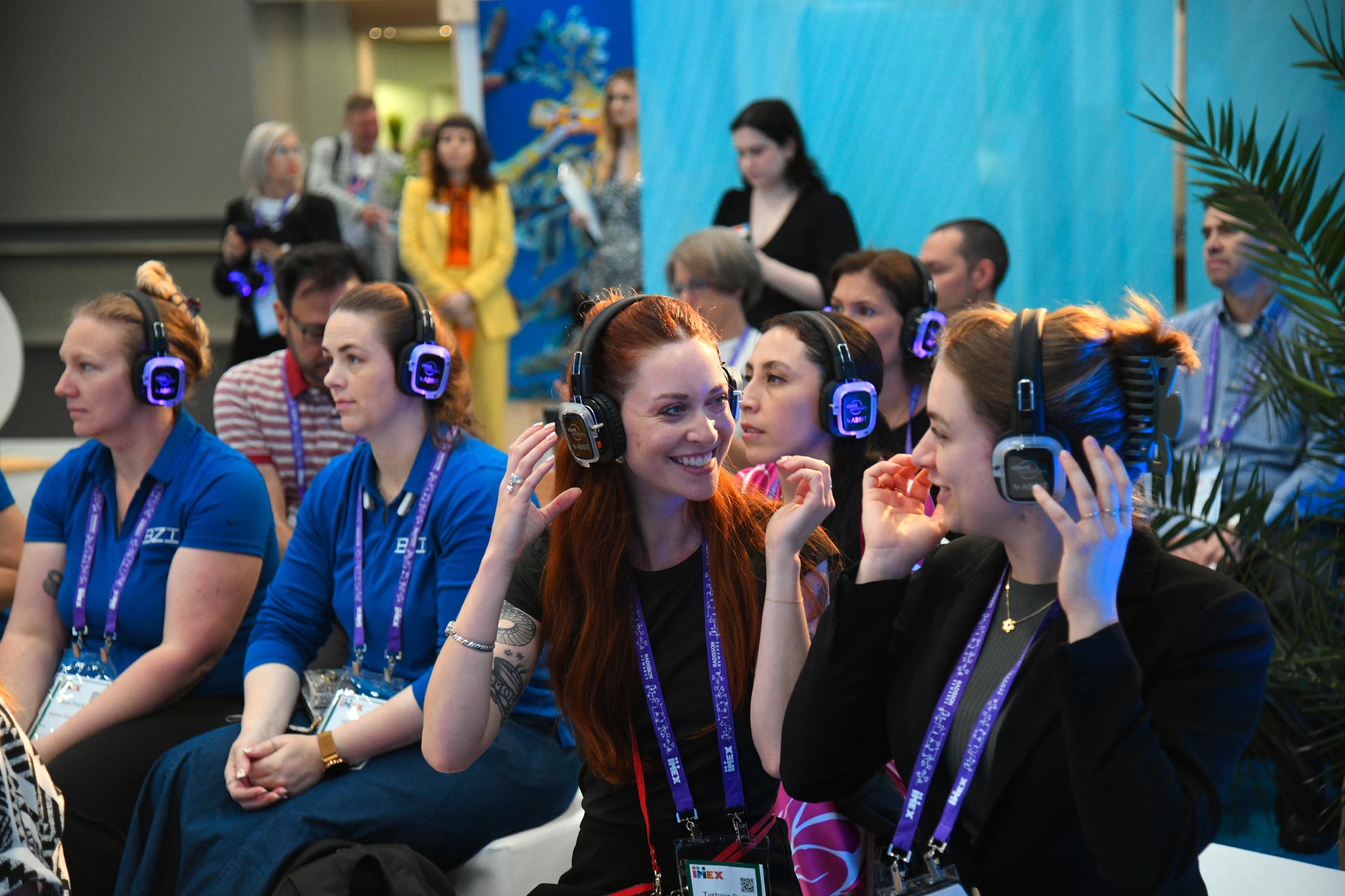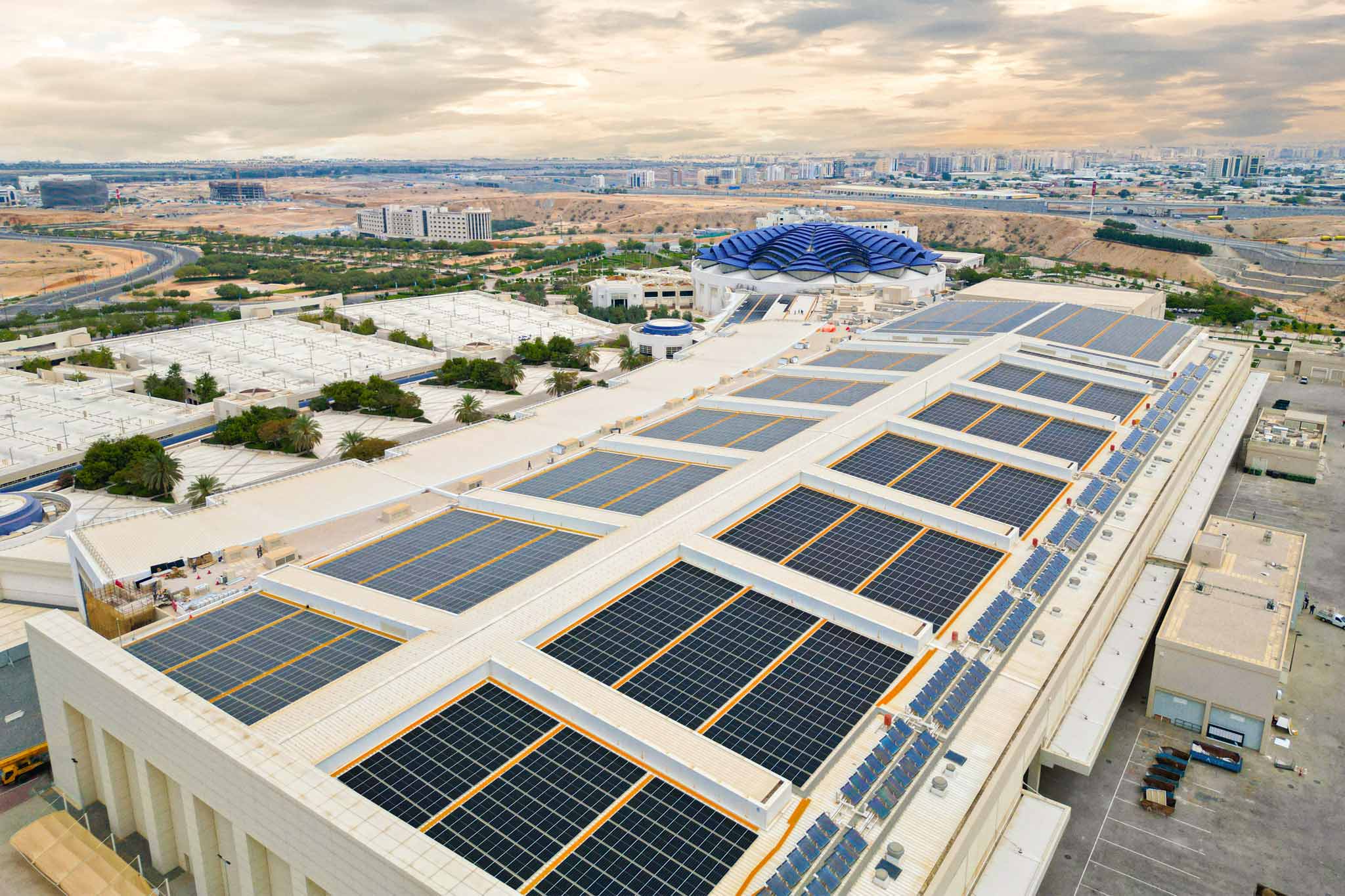The Republic of Senegal is the westernmost country in West Africa, also known as the “Gateway to Africa.” It is situated on the Atlantic Ocean Coastline and served by multiple air and maritime travel routes. The country’s population is around 18 million, with four million inhabitants in the Dakar metropolitan area. The capital city, Dakar, has an estimated population of 1.5 million and is the economic and political capital.
The country’s new authorities have prioritised tourism as a key economic sector, with business events as a driving force. The country’s systemic transformation project, set to become a national referential, includes government initiatives to boost Senegal’s attractiveness in this field.
“Today, compared to our main competitors on the continent, we are strong in the project to host the Summer Youth Olympic Games Dakar in 2026, which will be organised in Africa for the first time,” says Dr Adama Ndiaye, Director of the Senegalese Agency for Tourism Promotion (ASPT), who has had multiple roles in academia, government and social development to strengthen national progress in Senegal.
Being chosen by the International Olympic Committee (IOC) demonstrates Senegal’s competitiveness and logistical capacity. This capacity is based on a solid foundation of hotels and event infrastructures with modern facilities that have hosted major events in recent years, such as the Multilateral Initiative on Malaria (MIM) Pan African Conference 2018, the World Water Forum Dakar 2022, and the Gates Foundation’s Grand Challenges Annual Meeting 2023.
“Senegal’s geographical position, close to the main Western markets, is a considerable asset. The same applies to the destination’s safe and secure environment. For example, Dakar is home to United Nations House, the organisation’s continental headquarters.”
The main key sectors in Senegal, when it comes to associations and meetings, are that the country’s economic and political context is favourable to the organisation or co-organisation of sectoral meetings, given the financial opportunities offered by the destination and the many challenges the country faces in the areas of health, education, innovation, and energy.
Tourism on a subregional scale Senegal is affirming its leadership in organising tourism events on a subregional scale and structuring inter-state tours.
Agriculture is one of the country’s most dynamic sectors and has a development programme conducive to organising sectoral meetings on innovation, sustainable agricultural practices, and ways of reducing climate change.
The digital area is a priority for the Senegalese government, whose ambition is to make the country a technological and digital hub in Africa by promoting technological innovation and entrepreneurship.
Energy Senegal’s status as a new oil and gas producing country is a key success factor in attracting delegates from this sector and investors attracted by the opportunities opened up by this progress. Sustainable energies and ecological solutions are themes where meeting organisers find initiatives in Senegal and promote partnerships and experience sharing.
Culture and creative industries Dakar is a melting pot of creativity and a cultural hub with significant events like the Dakar Biennale, a major contemporary art exhibition held once every two years. This status led to the luxury fashion house Chanel choosing Dakar to host its first fashion show in Africa two years ago.
Health Senegal has an internationally recognised pool of skills and experts, with a considerable number of meetings organised in Senegal, in this field. The Institut Pasteur of Dakar, which has become a hub for the production of vaccines for Africa, is a significant asset in attracting delegates interested in the health field.
“Creating a National Convention Bureau and activating a strong and proactive marketing strategy should enable Senegal’s attractiveness to be fully exploited”
The long-term national strategy for attracting more business meetings and congresses is based on the feasibility study by the South African firm The Business Tourism Company and its owners, Colette Taylor and Rick Taylor. The strategy highlights Senegal’s potential and keys to becoming a competitive business events destination in Africa that aligns with the best international standards.
“Over and above the scientific work they have carried out through a feasibility study of Senegal’s potential, their networks and knowledge of the global business events ecosystem are very useful in the programme to develop and promote this sector in Senegal,” says Dr Adama Ndiaye.
The strategic recommendations guide the roadmap for the meetings and events sector in the country up to 2030, and the foundations laid by the new government create a complete ecosystem to support this progress. Creating a national convention bureau and activating a strong and proactive marketing strategy should enable Senegal’s attractiveness to be fully exploited, boosting foreign direct investment to support the expansion and upgrading of its offering.
To this end, the Senegalese Agency for Tourism Promotion, in collaboration with public and private stakeholders, has launched a comprehensive programme to develop the tourism offering and support the business events industry. The aim is to promote the destination’s cultural and tourism assets through packages combining business and leisure activities based on themes such as cruises, ecotourism and agritourism.
“Poles of excellence will be created with an improved leisure offering and an expansion of convention centres and hotels to meet the needs of event organisers and host more significant international events. Establishing a Senegal business events calendar that includes business, tourism, cultural, and sporting events is also vital to this strategy. A Coastal Tourism and Cruise Fair is being prepared for the last quarter of 2024, confirming Senegal’s leadership in West Africa and its ability to drive international sector meetings.
“One of our country’s strengths lies in its considerable network of personalities of Senegalese origin or friends of Senegal. In Europe, the United States, Asia and the United Arab Emirates, eminent Senegalese are members of networks of influence in culture, the arts, cinema, sport, science, research, diplomacy, the business world, but also in academic circles.”
A programme is being devised to celebrate these emblematic figures and make them ambassadors for the destination. Thanks to their image and international recognition, they will contribute considerably to promoting Senegal, attracting events, and strengthening relations with their market partners.
“Preconceived ideas about Africa are often based on general stereotypes that illustrate a lack of knowledge about our continent. Promoting local success stories and the continent’s opportunities is essential to highlighting African excellence and its undeniable appeal in the business event sector. Organising an African event offers an authentic and immersive experience while taking advantage of natural landscapes of great beauty and a recognised ecological dimension.
“With hosting the Youth Olympic Games in 2026, Senegal has a perfect grasp of its legacy”
“Our event standards are comparable to those in the West. Cities such as Cape Town, Durban, Dakar, Abidjan, Nairobi, Kampala and Kigali are now major event hubs, with ultra-modern convention centres and top-class hotels. In Senegal, facilities such as the Centre International de Conférences Abdou Diouf (CICAD), Dakar Expo Centre and Dakar Arena in Diamniadio and the National Theatre in Dakar, among others, offer world-class opportunities for hosting large-scale business events.”
Regarding accessibility, most business event destinations in Africa benefit from good air connections to the world’s major capitals. Dakar Airport, for example, offers direct flights to Europe and the United States, and fast connections to the African subregion.
Senegal prioritises sustainable progress and is committed to achieving the UN’s Sustainable Development Goals (SDGs). The authorities’ new guidelines place ecology at the heart of the tourism development strategy in the tourism industry. The country’s transition to a more sustainable economy is reflected in several initiatives, some of which are unique worldwide. In Dakar, a new intelligent mobility system, the Bus Rapide Transit, comprising a fleet of 100 per cent electric buses, is a model for combating transport-related carbon emissions. Event infrastructures such as the Dakar Arena and the Parc des Expositions have been designed to host events while respecting environmental standards and minimising their ecological impact.
“With this same dynamic in mind, in line with international trends and the behaviour and needs of organisers and delegates, we are working to integrate and promote sustainable practices in the business events sector. A Tourism Quality Charter is being drawn up to formalise the commitment of all players in the value chain involved in Senegal’s meetings, incentives, congresses, and events offerings.
“With hosting the Youth Olympic Games in 2026, Senegal has a perfect grasp of its legacy. There is undoubtedly the opportunity to renovate, develop new facilities, and transform the region. Still, what motivates us most are the positive and lasting traces that this event will leave on society. It is the aim of all the legacy programmes we are developing with the Youth Olympic Games Organising Committee around the destination’s image, education and sport. This work perfectly aligns with the strategic guidelines set for tourism: to ensure the inclusion of local communities in tourism development programmes and generate equitable benefits for them.”
According to Dr Adama Ndiaye, over the next five to ten years, Africa’s business events sector is expected to enjoy a continued trajectory of success, driven by the growth of African economies and local dynamics. Most African countries are committed to national development strategies to generate opportunities, strategic partnerships, and massive investment in infrastructure, innovation and connectivity. In the search for alternative meeting destinations, Africa will interest event organisers.
“The aftermath of the 2026 Summer Youth Olympic Games will represent a significant breeding ground for the country as a destination. The capital drawn from it – in terms of image, legacy, new event infrastructures, and qualified human resources – will make it possible to attract significant events, and offer delegates a quality experience. Initiatives such as installing the United Nations House in Dakar give the nation hope of better positioning in the business events market by 2029.”



